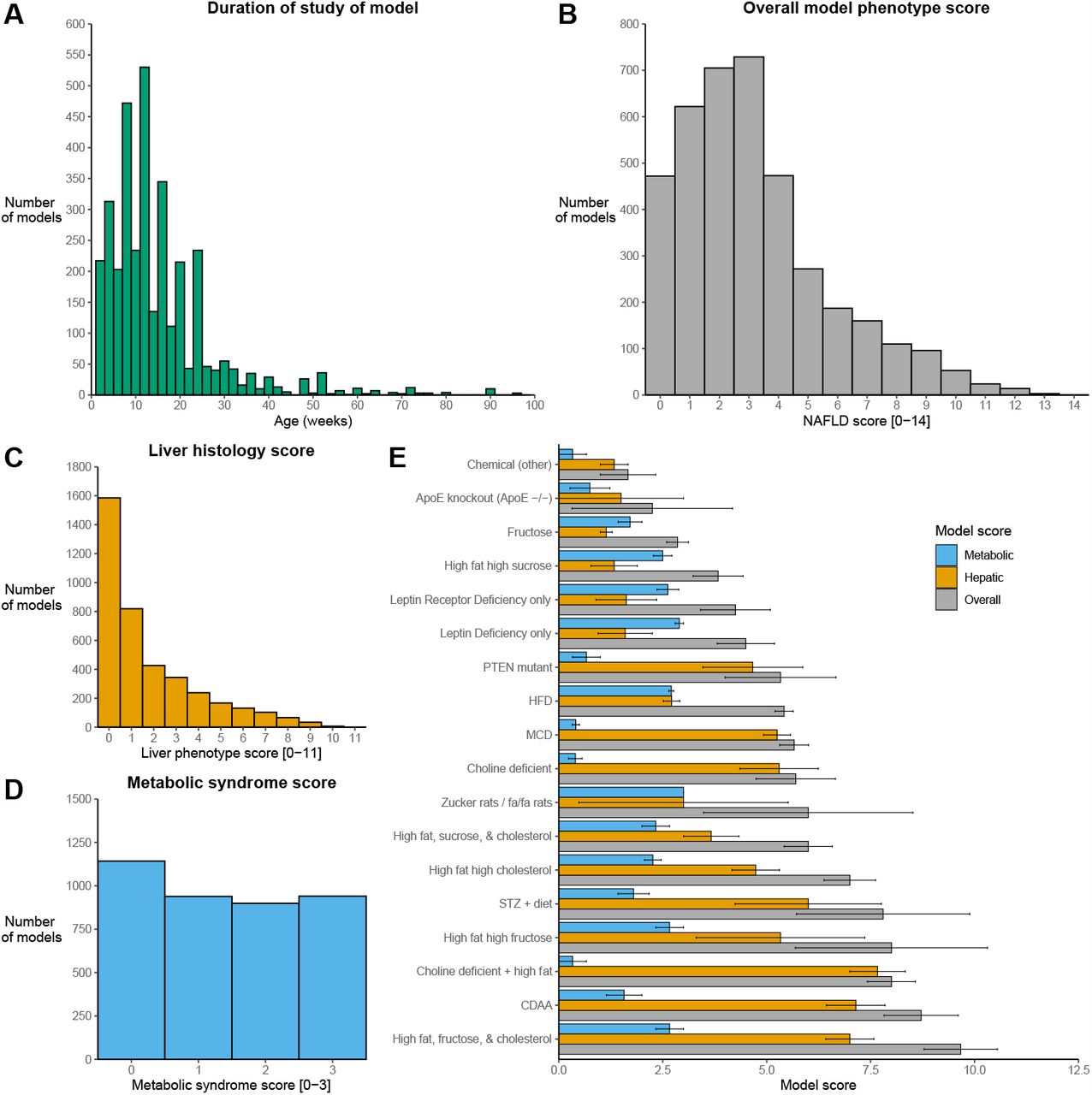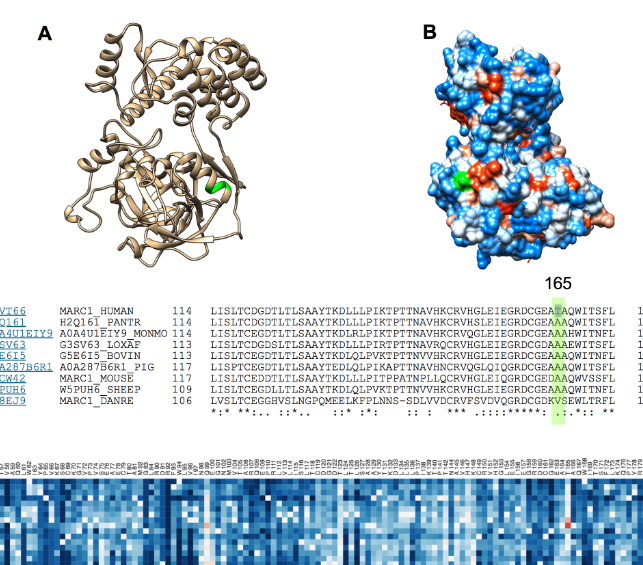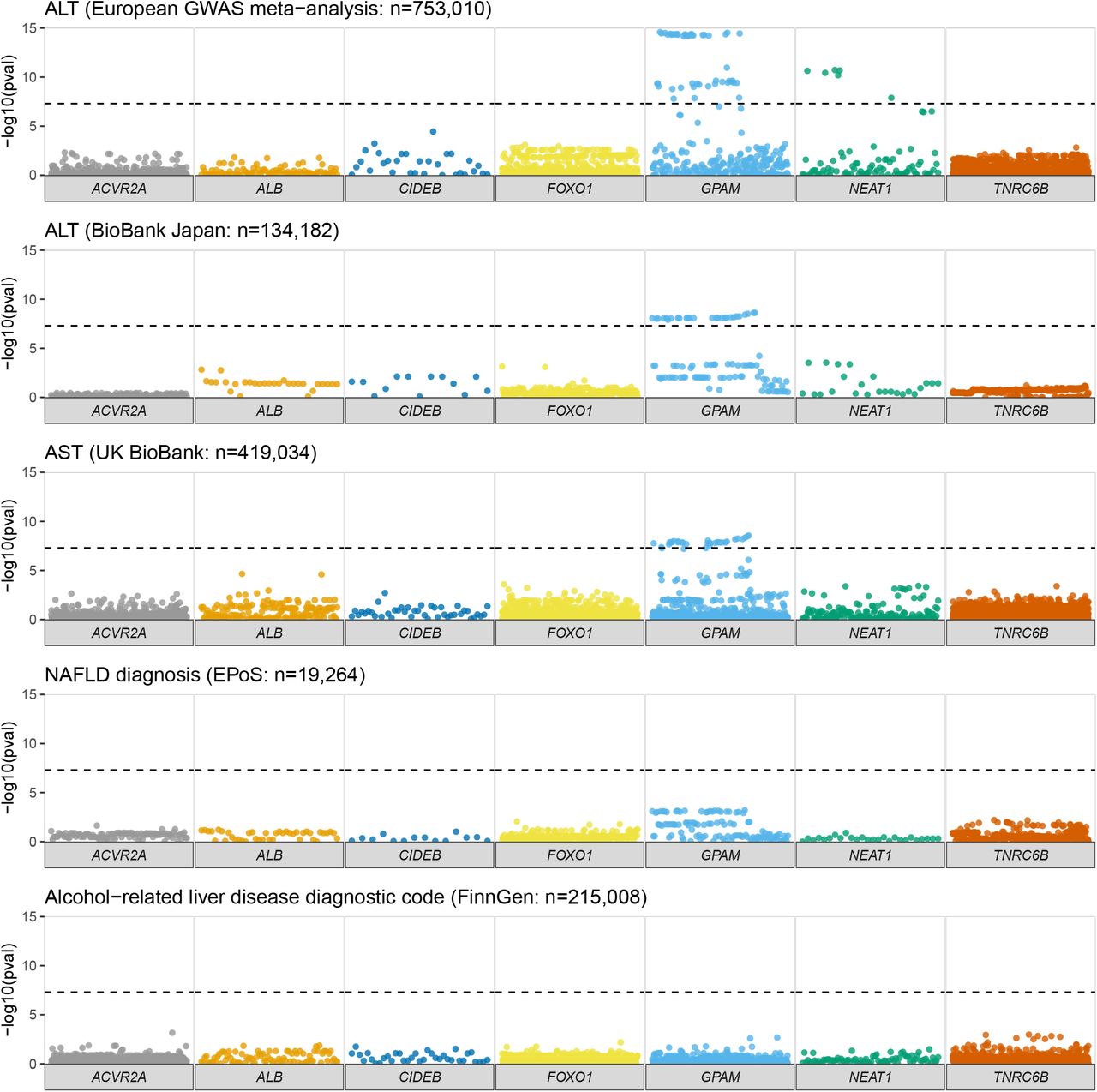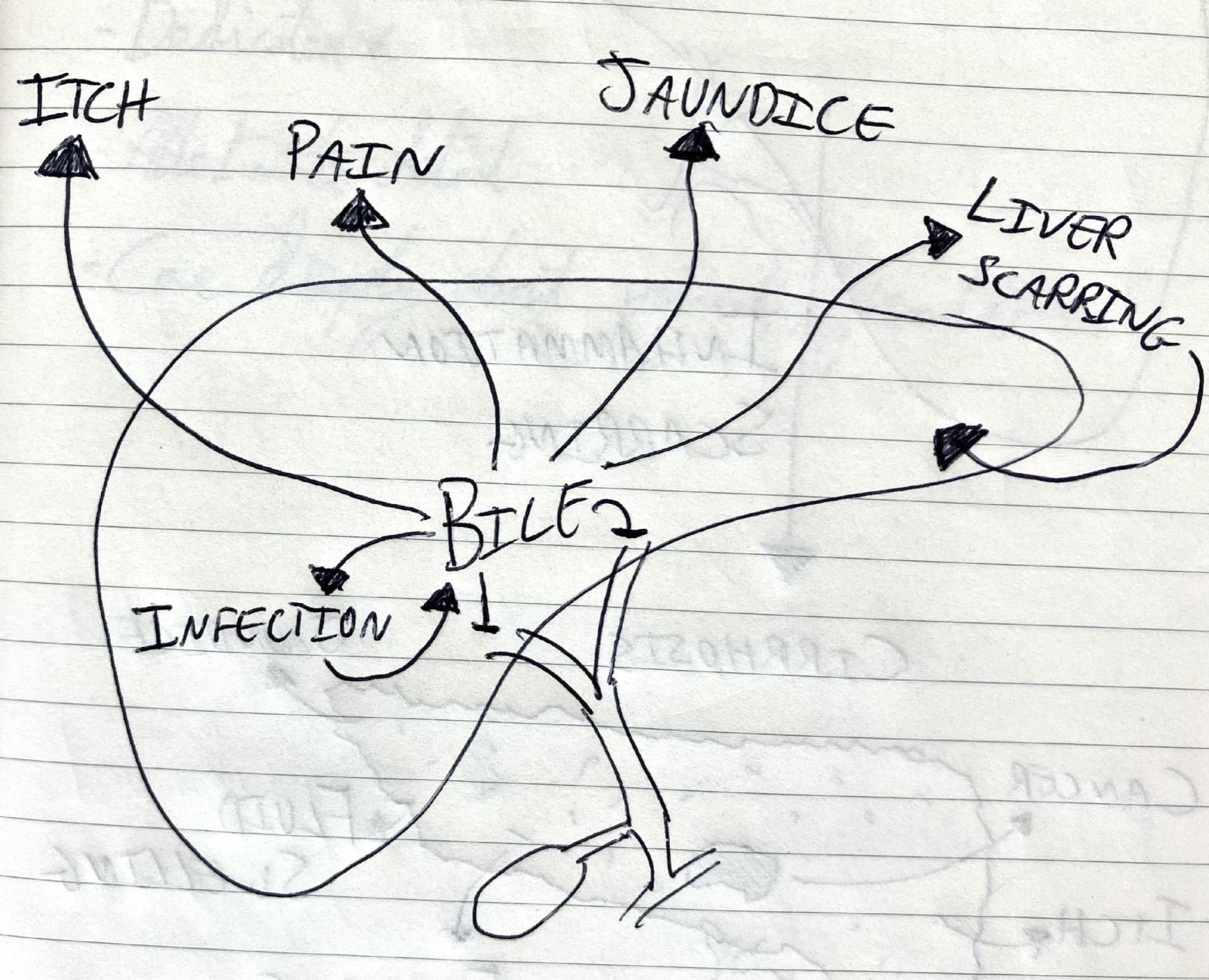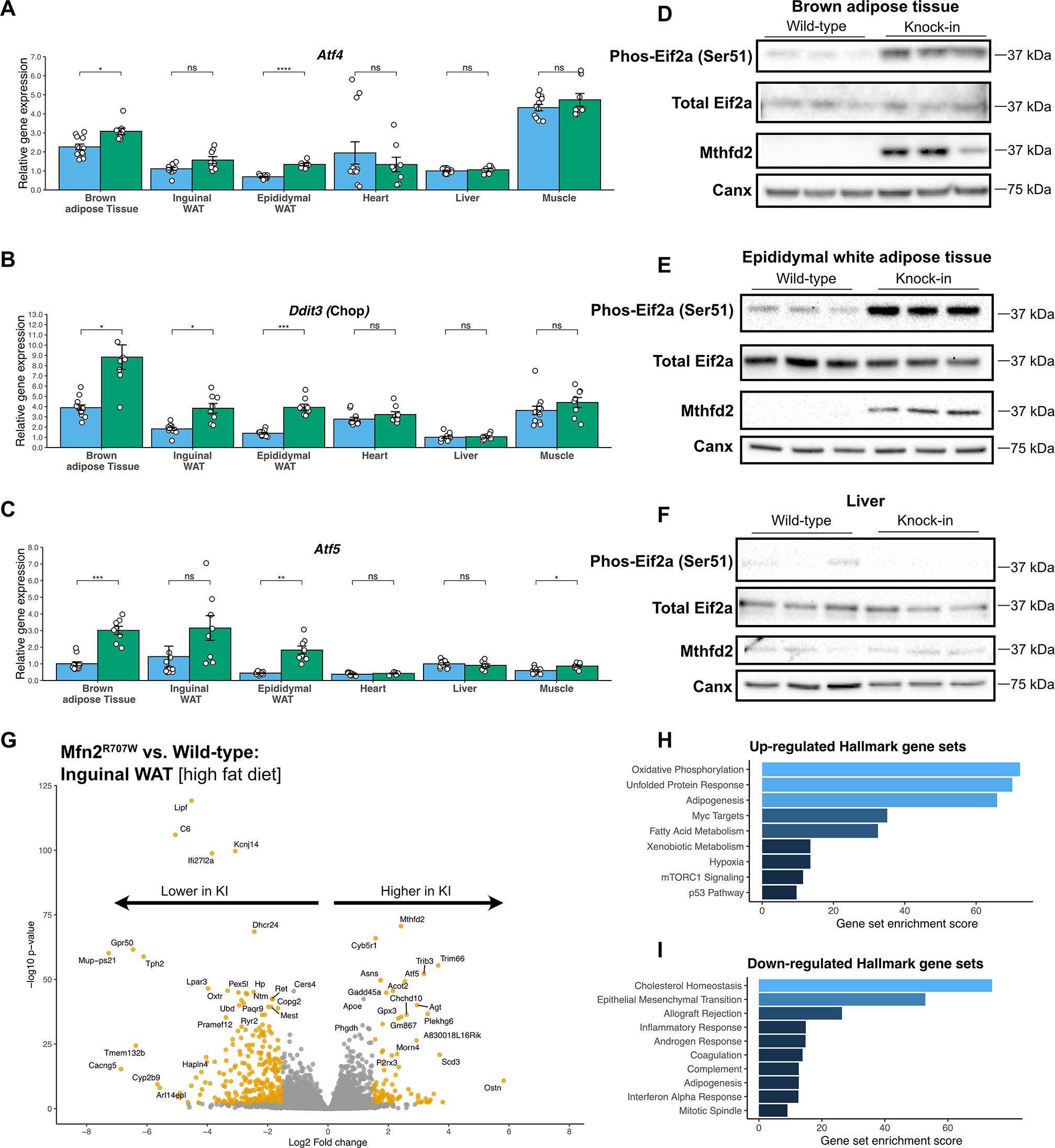Scientists are obsessed with discovering truth and this includes discoveries about how we do science. ‘Meta-research’ describes doing research on how research is (or should be) done. Over time the scientific methods used evolve. What was once best practice is now known to be less accurate.
Doing research in the best possible way is particularly important for rodent studies. If animals (rats and mice) must be used in research, then we want to make sure they are done to the highest possible scientific standards. We also want to get as much information out of the results as possible. So, I led a group to analyse all the published research using rodents in the field of fatty liver disease.
In these projects we didn’t conduct any experiments ourselves, we read more than 9000 peer-reviewed articles to understand what others had done. We made two main discoveries:
Firstly, we created a huge database of all the studies. This should make it easier for researchers to look up what has been done before. We found there was a lot of variation in how the studies were being run. This makes it harder to compare results across studies. This also lets us suggest which experimental designs will be most useful.
Secondly, we found that rodents with fatty liver respond to treatment similarly to humans. Weight loss or treating diabetes improved the rodents’ fatty liver, just like in humans. However, lots of drugs that don’t cause weight loss in humans do seem to cause rodents to lose weight. We suspect this might be why some drugs seem to ‘work’ (i.e. improve fatty liver) in rodents but then don’t help in humans.
Overall, we hope that this research helps to improve how research using rodents is done. All scientific animal research in the UK is highly regulated. The NC3Rs website is a useful resource: https://nc3rs.org.uk/3rs-public.
